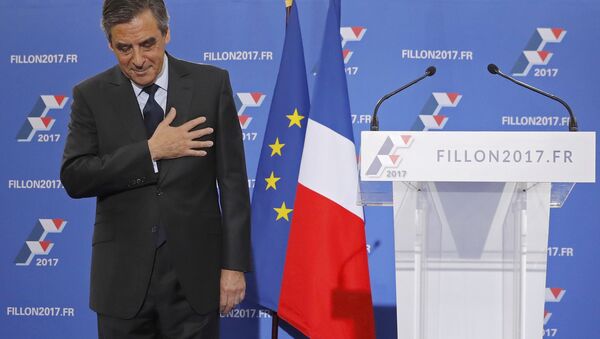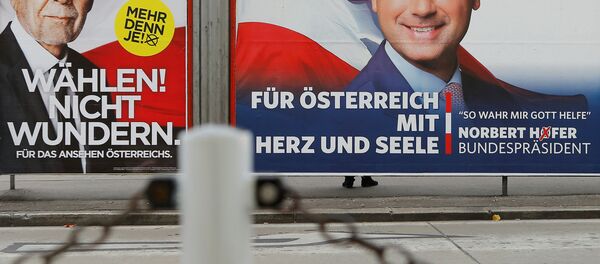"Calling a French presidential election has never been an easy process for the first and the second round. It may be even more complicated in this context … There are of course lessons to take the US elections and the vote on EU in the UK (and from the French right-wing primaries too) in the perspective of the French presidential race," Edouard Lecerf said.
On November 27, Fillon topped all expectations when out of a least favorite candidate turned into a front-runner winning a party ticket. A former prime minister under ex-president Nicolas Sarkozy was given just about 8 percent by most polls back in August but ended the conservative race with a far better results than his closest competitor — another former Prime Minister Alain Juppe.
Lecerf mentioned several key factors that were likely to trigger new challenges in polling for the next French presidential election.
"Turnout is essential and hard to measure. Especially if you think of the differences in turn out among voters. A lower than expected and declared in polls turnout was key in some US states and for the Brexit outcome. Besides, voters make their mind later and later, elections after elections. This volatility is also something to be considered seriously when looking at pre-electoral polls," the pollster said.
The failure of pollsters in those two elections could, at least partially, be also explained by the fact that some parts of the population voluntarily refuse to take part in polls but nevertheless cast their ballots, Lecerf underlined.
On June 23, the United Kingdom voted on referendum to leave the European Union. UK Prime Minister Theresa May said the country would trigger Article 50 by the end of March 2017, thus kick-starting withdrawal negotiations.
On November 8, Trump won the US presidential elections despite most of the analysts and opinion polls predicting his defeat to Democratic Party nominee Hillary Clinton.
The French presidential elections will take place in April and May 2017.



